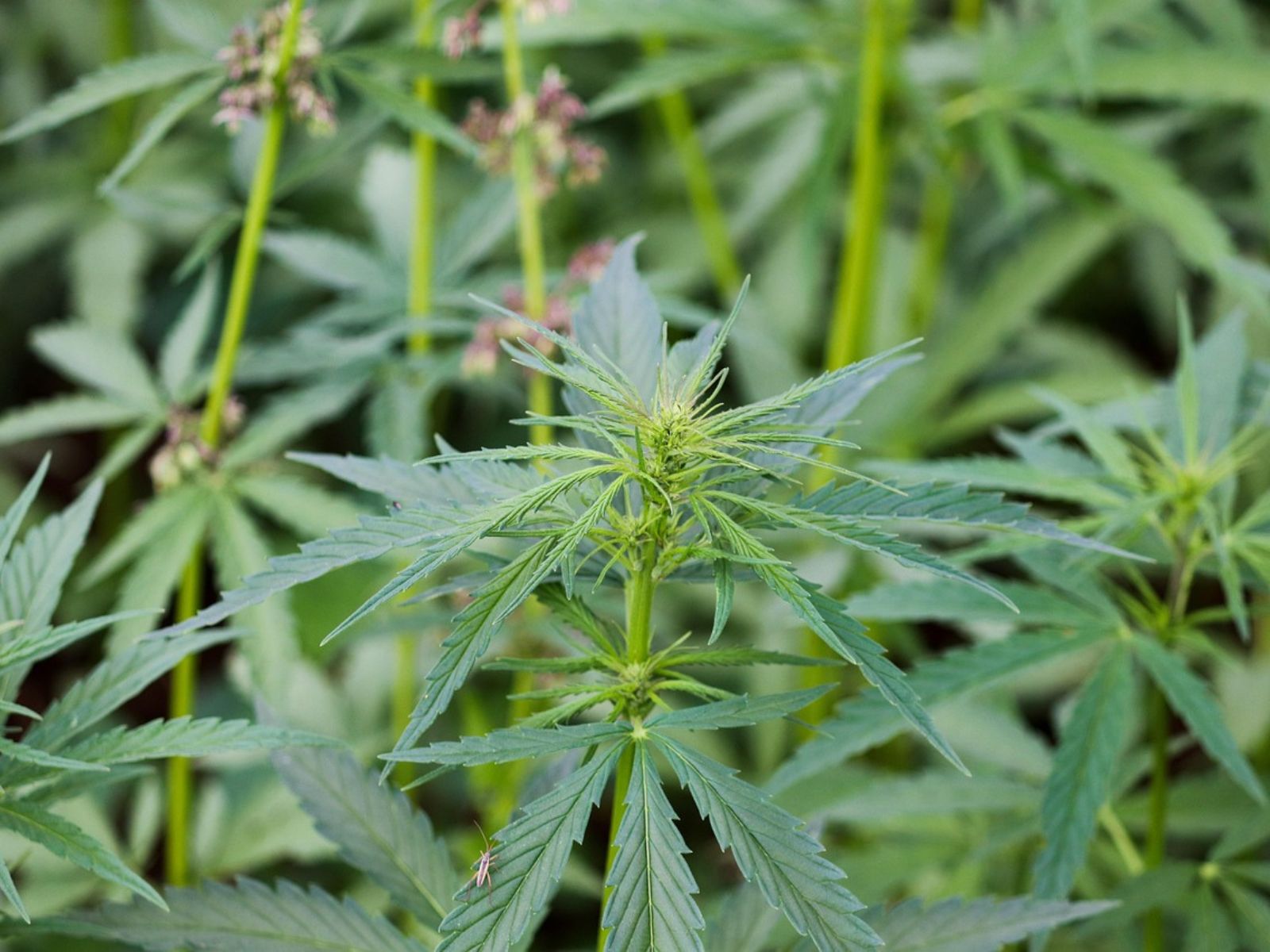
Australia Launches Multi-Million Dollar Medical Cannabis Research Effort

Australia Launches Multi-Million Dollar Medical Cannabis Research Effort
The cannabis plant is one of the most useful plants on earth. It has the ability to feed, clothe, and in many cases, the power to heal.
Cannabis possesses a tremendous amount of wellness properties that can be used to treat a number of conditions, from chronic pain to insomnia.
Demand for medical cannabis research has existed for decades. Unfortunately, harmful prohibition policies in the United States and other areas has hindered research from filling that demand.
That’s not to say that there’s no cannabis research being conducted. As of this article, a search for ‘marijuana’ on PubMed.gov (US National Library of Medicine National Institutes of Health) returns over 31,000 results for peer-reviewed cannabis studies.
The current body of research is significant, however, it’s not enough. Researchers need to be able to study the cannabis plant without political hindrances and hurdles.
Australia’s Health Minister recently announced that a fund will be launched that will be dedicated to medical cannabis research. Per Reuters:
Australia will provide A$3 million ($2.03 million) for research on the use of cannabis to help cancer patients, its health minister said on Sunday, as the demand for medicinal cannabis products grows rapidly.
“There have only been a limited number of well-designed clinical studies on medicinal cannabis, and we need to increase the evidence base to support medical professionals,” a ministry statement cited him as saying.
Australia is home to a growing medical cannabis program that is experiencing strong growth with more and more patients being permitted to cultivate, acquire, and/or use medical cannabis.
The launch of the fund demonstrates that Australia is taking the issue of medical cannabis research seriously, provided that the studies involved are objective and free from bias.
Cannabis opponents in Australia and everywhere else around the world often cling to the false talking point that ‘there needs to be more cannabis research’ before laws can be reformed.
Those same opponents simultaneously do everything that they can to prevent research, which makes it clear that their motives are not based on compassion, but rather they are based on politics.
A sensible approach to cannabis policy involves scientific research and figuring out ways to get all of the best benefits that the cannabis plant can provide while also figuring out ways to mitigate any undesirable properties that may exist for certain patients and required treatment regimens.
Hopefully other countries follow Australia’s lead and embrace cannabis research instead of prohibiting or limiting it. Public health policies should be guided by science, and not the harmful political views of a handful of lawmakers.
Share article
Ticket Prices increase €200
On March 18th

Ticket Prices increase €200
On March 18th

Ticket Prices increase €200
On March 18th
Share article
Join Our Awesome Community
Join Our Awesome Community
Join Our Awesome
Community
Get all the latest industry news
delivered to your inbox







